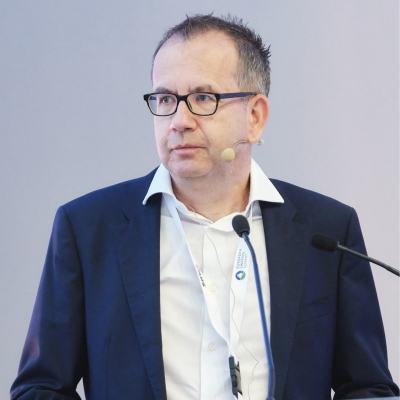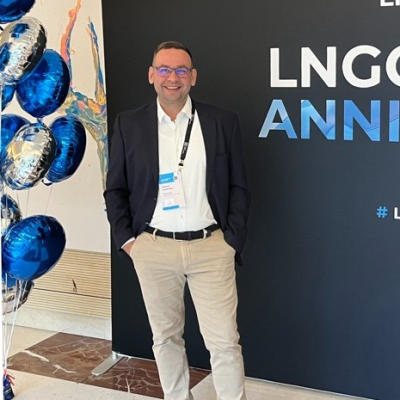DEFINING THE LNG PATHWAY FOR LOW-CARBON COMPLIANCE
In 2025, the demand for LNG ships has increased yet again, making it the most popular alternative. According to DNV, out of 151 alternative fuelled vessel orders in the first half of 2025, LNG accounted for 87,. This proves that no matter the global regulatory setting, the confidence in LNG is staying the strongest among alternatives, given it's low-carbon gains, maturity and global infrastructure support and growth.
However, there are still challenges for the industry in adopting LNG. Investment in LNG relies heavily on the assumption that its bio counterpart will be available at scale beyond 2035, when fossil LNG will no longer comply. Infrastructure development also must keep up with demand increases, and these new developments will be critical in the global adoption.
This summit is comprised of speakers from operators, to suppliers, to engineers within LNG, to define how the industry is ensuring the current investments in LNG will continue to be worthwhile, and also answer how this pathway will be impacted by changing regulation on a global and regional level in 2026.
How will the IMOs decision to postpone impact the LNG pathway and current investment into this
How are suppliers guaranteeing the future supply of LBM at scale to support the demand for this fuel pathway
From Capture to Reduction
What new emission technology is allowing further compliance gains, like onboard carbon capture and methane slip reduction
How will the IMO’s framework postponement affect LNG pathways?
Panellists will explore the implications of the IMO Net-Zero Framework postponement specifically for LNG pathways. With global regulatory certainty delayed, the discussion will focus on how LNG investments, fleet planning, and supply strategies are affected, and what this means for bio-LNG and e-LNG development.
How is the Industry Supporting the LNG/LBM Pathway
This session will explore how the value chain can develop this pathway, from methane slip mitigation, feedstock scaling and fuel certification, to bunkering logistics and commercial contracts needed. How can offtake agreements be agreed in a way that benefits both the supplier and buyer, and accelerates availability of LNG drop in fuel.
Beyond 2035 – Onboard Carbon Capture
With the IMO’s net-zero framework decision incoming, onboard carbon capture (OCC) is drawing attention as a tool that could extend the compliance time of LNG. Early pilots on LNG vessels are testing whether carbon capture technology can work effectively on these vessels – testing the challenges of space, stability, and carbon dioxide offloading.




























